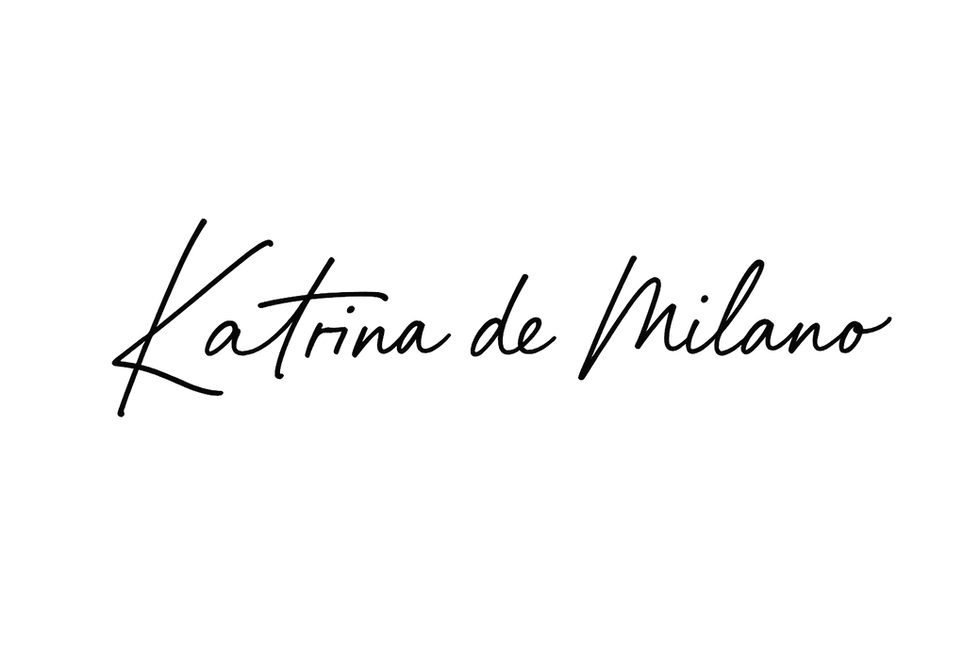🚩 Red Flags to Watch Out for When Choosing a Literary Agent
- Katrina De Milano

- 21 мая 2025 г.
- 3 мин. чтения
Because a “yes” isn’t always the right yes.
Getting an offer of representation from a literary agent can feel like a dream come true — especially after months (or years) of querying.
But not all agents are created equal.
And in your excitement, it can be easy to ignore signs that something’s off.
Remember: an agent isn’t just a middleman. They’re your business partner. Your advocate. Your voice in the room when you're not there.
So before you say yes to that offer, here are a few red flags worth paying attention to.
❌ 1. They ask for money upfront
This is the biggest and most obvious red flag. A legitimate agent never charges fees to represent you.
They get paid only when you get paid, usually taking a 15% commission on domestic deals (20% for foreign or film/TV rights through sub-agents).
💡 If they mention “reading fees,” “submission fees,” or “editing packages” — run.
🕳 2. They’re vague about their experience or track record
A trustworthy agent should be open about:
What clients they represent
What deals they've made
Which publishers they work with
If you can’t find any public record of sales (on sites like Publishers Marketplace) or published authors they've worked with — that’s a problem.
📌 Everyone starts somewhere — but you have a right to know who you're trusting with your work.
🗃 3. They don’t belong to a professional agency or organization
Membership in the Association of American Literary Agents (AALA) or working under a reputable agency is a good sign.
It means they follow a code of ethics — and are part of a professional community.
An agent with no online presence, no agency name, and no industry connections is a risk.
🤐 4. They discourage you from asking questions
You’re allowed (and encouraged!) to ask:
What happens next
What publishers they have in mind
How edits or submissions will be handled
What the timeline looks like
How you can part ways if needed
If the agent responds with defensiveness, evasion, or pressure to “sign quickly” — pause.
Good agents welcome dialogue. They want you to feel informed and confident.
🧾 5. The contract feels unclear or overly controlling
Before you sign anything:
Make sure the commission percentage is standard (15% or 20%)
There’s a clear termination clause (so you can end the relationship if needed)
Rights aren’t being signed away unnecessarily
There are no hidden fees or non-compete clauses
📌 If you’re not sure, ask a lawyer or publishing-savvy writer to review the contract with you.
🚫 6. They promise quick fame, big money, or guaranteed publication
No agent can guarantee a book deal — and definitely not a bestseller.
If their pitch sounds like a get-rich-quick ad or they make unrealistic promises (especially without reading the full manuscript), be skeptical.
A great agent offers strategy, feedback, and belief in your work. Not hype.
🧭 What to Trust Instead
✅ Clear communication
✅ Transparent expectations
✅ A real sales record (or mentorship under someone with one)
✅ Respect for your questions
✅ A gut feeling of mutual respect and alignment
💬 Your Turn
Have you ever gotten a sketchy reply from an agent?
Or seen an offer that felt too good to be true?
Share your experience — anonymously, if you prefer — and let’s help each other navigate this space with more confidence and care.
Because a good “no” is always better than the wrong “yes.”







Комментарии